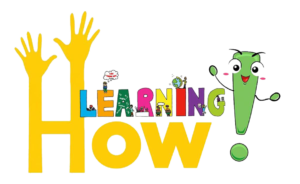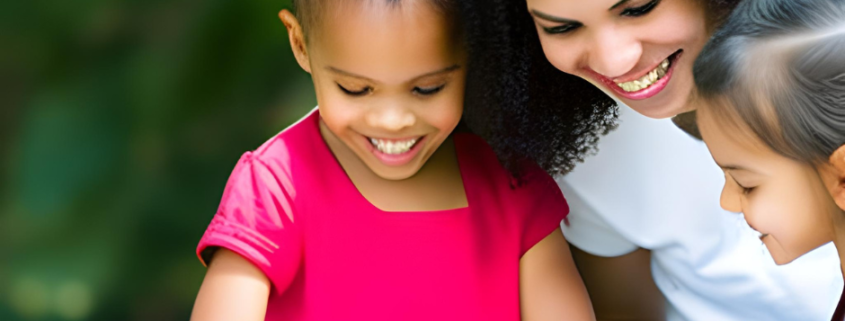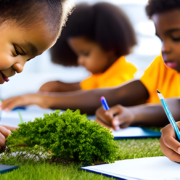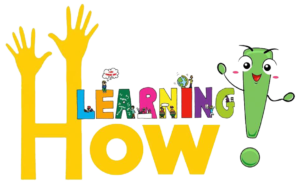Hands-on Experiences in Early Childhood Education
Hands-on Experiences in Early Childhood Education

Hands-on Experiences in Early Childhood Education
In early childhood education, hands-on experiences play a crucial role in promoting child development. These experiences involve physical exploration and manipulation of objects, materials, and environments, and they have many benefits for young children.
Why Are Hands-On Experiences Important in Early Childhood Education?
Hands-on experiences are essential in early childhood education because they promote cognitive and social-emotional development, engage multiple senses, and help children make connections between abstract concepts and real-world experiences.
Promote Cognitive Development
Hands-on experiences are an effective way to promote cognitive development in young children. When children engage in hands-on learning, they have opportunities to explore and experiment with materials, learn new concepts, and develop critical thinking skills. By making connections between abstract concepts and real-world experiences, children can better understand and retain information.
Engage Multiple Senses
Hands-on experiences engage multiple senses, which can help children better process and retain information. When children can touch, see, hear, and manipulate materials, they are more likely to remember what they have learned. This is because hands-on experiences activate different parts of the brain, which can enhance learning and memory.
Support Social-Emotional Development
Hands-on experiences can also support social-emotional development in young children. When children work together on projects or share materials, they learn to communicate effectively, take turns, and collaborate with others. These experiences can also help children develop self-confidence, independence, and a sense of accomplishment.
Develop Fine and Gross Motor Skills
Hands-on experiences provide opportunities for children to develop their fine and gross motor skills. Manipulating materials such as clay, sand, or playdough can help children develop their fine motor skills, while gross motor skills can be developed through activities such as building structures or participating in outdoor play.
Implementation of Hands-On Experiences in Early Childhood Education
To implement hands-on experiences in early childhood education, educators should consider the following steps:
- Create a learning environment that supports hands-on experiences by providing open-ended materials such as blocks, playdough, and art supplies.
- Plan activities that encourage exploration and experimentation, such as sensory bins, science experiments, or building projects.
- Encourage collaboration and communication between children by creating opportunities for group work and discussions.
- Offer a balance of structured and unstructured playtime to allow for both guided and self-directed exploration.
By incorporating hands-on experiences into early childhood education, educators can promote a holistic approach to learning that supports children’s development in all areas. Overall, hands-on experiences are a vital component of early childhood education as they provide a multitude of benefits for children’s cognitive, social-emotional, and physical development.








Leave a Reply
Want to join the discussion?Feel free to contribute!